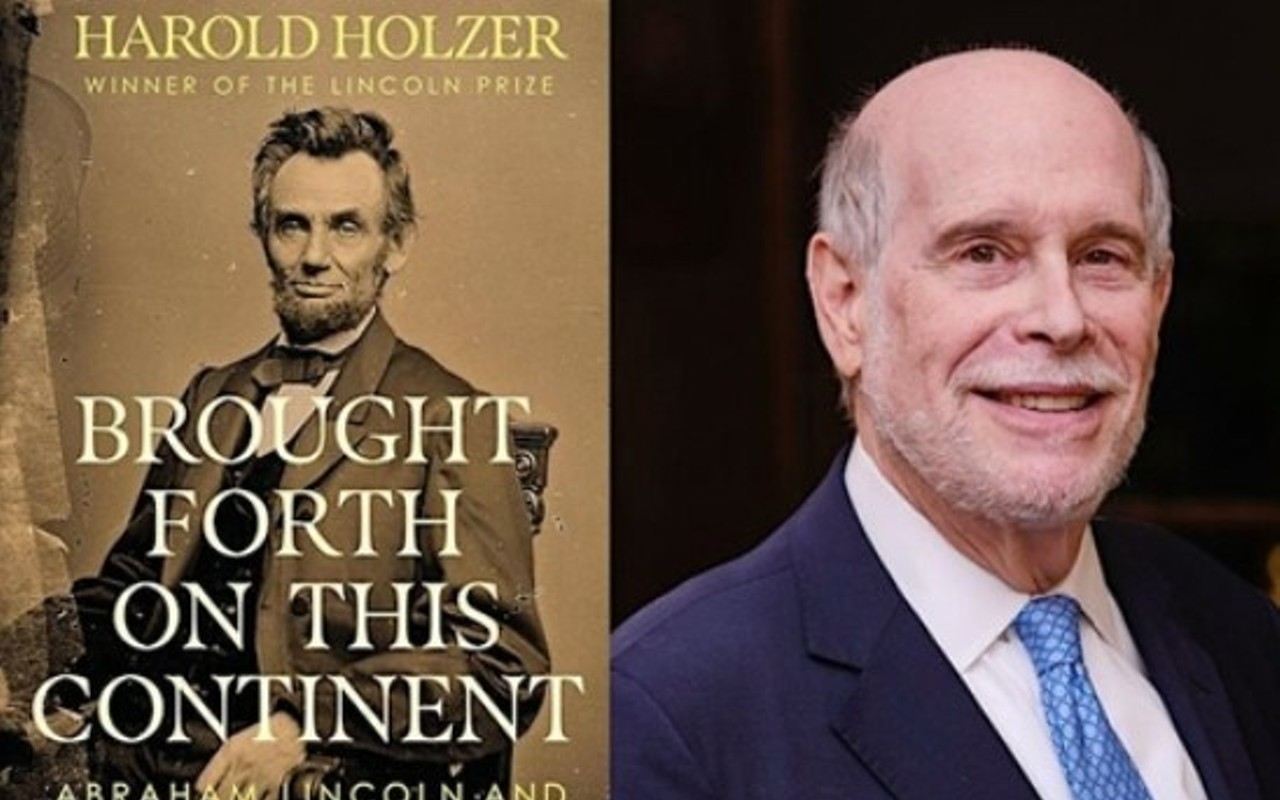Why gambling expansion is bad for business
[
{
"name": "Air - MedRect Combo - Inline Content 1",
"component": "11490391",
"insertPoint": "3",
"requiredCountToDisplay": "1",
"parentWrapperClass": "fdn-ads-inline-content-block"
},{
"name": "Air - MedRect Combo - Inline Content 2",
"component": "11490392",
"insertPoint": "7",
"requiredCountToDisplay": "5",
"parentWrapperClass": "fdn-ads-inline-content-block"
},{
"name": "Air - MedRect Combo - Inline Content 3",
"component": "11490393",
"insertPoint": "12",
"requiredCountToDisplay": "9",
"parentWrapperClass": "fdn-ads-inline-content-block"
}
]
The Illinois treasury could have collected an additional $35 billion to $56 billion from gambling interests from 1990 to 2013 and thereby produced a surplus for the 2013 state budget.
Pursuant to the 2008-2013 multi-volume United States International Gaming® Report, Illinois should have emulated other states and venues which levied larger tax rates on gambling interests, such as the de facto 100 percent Canadian tax rate. Canadian governmental units collect 100 percent and pay only contractual “management fees” to gambling interests.
The 2013 proposal by Illinois casinos for 24/7 gambling may appear to the public to be harmless, but it sends a signal to savvy businesses that the Illinois trend continues to be to expand gambling at the expense of consumer businesses, taxpayers and state solvency.
As predicted in a 1994 University of Illinois report published four years after the advent of Illinois casinos, business location models show that major consumer businesses avoid high-gambling areas like they avoid high-crime areas. Concerned with employee needs for family-friendly environs and quality of life, businesses are also concerned with employees becoming problem gamblers and addicted gamblers.
Sociological, psychiatric and medical authorities uniformly report that gambling activities need to be “interrupted.” This interruption interval reduces the fixation of problem gamblers who are becoming addicted gamblers. Gambling interests know that if they can eliminate any interruptions via 24/7 gambling, profits will increase significantly. That’s because problem gamblers continue to gamble beyond the entertainment threshold, while fueled with alcohol and sleep deprivation.
Of particular concern is gambling via slot machines and video gambling machines (VGMs), which produce 90 percent of casinos’ profits.
Sponsored by former U.S. Senator Paul Simon, the U.S. National Gambling Impact Study Commission condemned slots and VGMs as the “crack cocaine” for addicting new gamblers – creating huge new social costs similar to the costs of drug addicts. The video Slot Machines: The Big Gamble, which is online at “60 Minutes” summarizes these problems.
Elected Illinois officials have acted oblivious to economic trends and business realities, particularly involving gambling activities. The 2008 Great Recession was precipitated by the elimination of state and federal anti-gambling laws relating to Wall Street financials via the Commodities Futures Modernization Act of 2000. A summary confirmation is online at “60 Minutes” as a short investigative news video Financial WMDs, also titled The Bet That Blew Up Wall Street.
The U.S. National Gambling Impact Study Commission called for the recriminalization of slots and VGMs convenient to the public. In one example, South Carolina “wiped the state clean,” recriminalizing slots and VGMs. Gov. David Beasley noted that the state economy soared, creating new jobs and tax revenues.
National business leaders like Warren Buffett have repeatedly rejected gambling as a legitimate form of “business” and have kept it out of their states. While Illinois was legalizing casinos in 1990, states like Nebraska and Virginia were rejecting casinos. With regard to the Great Recession, non-gambling states have had comparatively better and/or balanced state budgets. For example, in 2013 Virginia had a surplus of more than $1 billion, while Illinois had a budget deficit of billions of dollars.
For fiscal solvency, Illinois should collect the billions of dollars which gambling interests should have paid since 1990. Simultaneously, Illinois should embark upon new rollbacks and restrictions on gambling activities – as strongly recommended by Senator Simon’s U.S. Gambling Commission.
Now professor emeritus after 35 years on the University of Illinois faculty, Prof. John Kindt is a senior editor of the multi-volume United States International Gaming® Report. He has testified frequently before Congress and state legislatures regarding business and legal policy issues.
Pursuant to the 2008-2013 multi-volume United States International Gaming® Report, Illinois should have emulated other states and venues which levied larger tax rates on gambling interests, such as the de facto 100 percent Canadian tax rate. Canadian governmental units collect 100 percent and pay only contractual “management fees” to gambling interests.
The 2013 proposal by Illinois casinos for 24/7 gambling may appear to the public to be harmless, but it sends a signal to savvy businesses that the Illinois trend continues to be to expand gambling at the expense of consumer businesses, taxpayers and state solvency.
As predicted in a 1994 University of Illinois report published four years after the advent of Illinois casinos, business location models show that major consumer businesses avoid high-gambling areas like they avoid high-crime areas. Concerned with employee needs for family-friendly environs and quality of life, businesses are also concerned with employees becoming problem gamblers and addicted gamblers.
Sociological, psychiatric and medical authorities uniformly report that gambling activities need to be “interrupted.” This interruption interval reduces the fixation of problem gamblers who are becoming addicted gamblers. Gambling interests know that if they can eliminate any interruptions via 24/7 gambling, profits will increase significantly. That’s because problem gamblers continue to gamble beyond the entertainment threshold, while fueled with alcohol and sleep deprivation.
Of particular concern is gambling via slot machines and video gambling machines (VGMs), which produce 90 percent of casinos’ profits.
Sponsored by former U.S. Senator Paul Simon, the U.S. National Gambling Impact Study Commission condemned slots and VGMs as the “crack cocaine” for addicting new gamblers – creating huge new social costs similar to the costs of drug addicts. The video Slot Machines: The Big Gamble, which is online at “60 Minutes” summarizes these problems.
Elected Illinois officials have acted oblivious to economic trends and business realities, particularly involving gambling activities. The 2008 Great Recession was precipitated by the elimination of state and federal anti-gambling laws relating to Wall Street financials via the Commodities Futures Modernization Act of 2000. A summary confirmation is online at “60 Minutes” as a short investigative news video Financial WMDs, also titled The Bet That Blew Up Wall Street.
The U.S. National Gambling Impact Study Commission called for the recriminalization of slots and VGMs convenient to the public. In one example, South Carolina “wiped the state clean,” recriminalizing slots and VGMs. Gov. David Beasley noted that the state economy soared, creating new jobs and tax revenues.
National business leaders like Warren Buffett have repeatedly rejected gambling as a legitimate form of “business” and have kept it out of their states. While Illinois was legalizing casinos in 1990, states like Nebraska and Virginia were rejecting casinos. With regard to the Great Recession, non-gambling states have had comparatively better and/or balanced state budgets. For example, in 2013 Virginia had a surplus of more than $1 billion, while Illinois had a budget deficit of billions of dollars.
For fiscal solvency, Illinois should collect the billions of dollars which gambling interests should have paid since 1990. Simultaneously, Illinois should embark upon new rollbacks and restrictions on gambling activities – as strongly recommended by Senator Simon’s U.S. Gambling Commission.
Now professor emeritus after 35 years on the University of Illinois faculty, Prof. John Kindt is a senior editor of the multi-volume United States International Gaming® Report. He has testified frequently before Congress and state legislatures regarding business and legal policy issues.
Illinois Times has provided readers with independent journalism for almost 50 years, from news and politics to arts and culture.
Your support will help cover the costs of editorial content published each week. Without local news organizations, we would be less informed about the issues that affect our community..
Got something to say?
Send a letter to the editor and we'll publish your feedback in print!


















